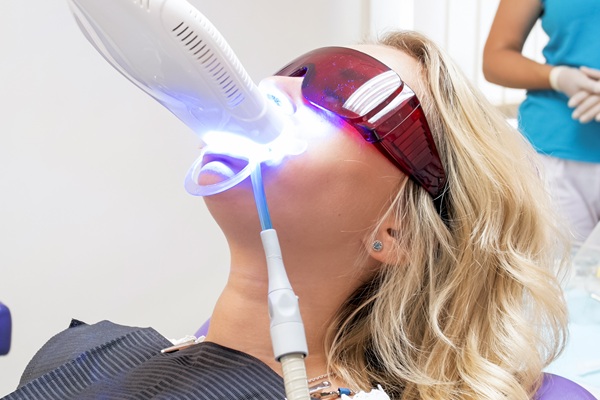Ask a Dentist: Am I a Candidate for Dental Implants?

If you are missing at least one or more teeth, you may qualify as a candidate for dental implants. Dental implants are the best option for replacing missing teeth. Having missing teeth can harm your oral health, and untreated tooth loss can interrupt your chewing ability and even affect the structure of your mouth. If you are unsure if you are a suitable candidate, let's look at the requirements.
5 things to look for in a good implant candidate
As a general rule, some characteristics make a person a good candidate for dental implants. Here are some of those factors:
- Good oral health. Gums and teeth should be in good oral health
- Good bone density. You should have a strong bone density to support the dental implants
- Good oral hygiene. You should have a good regimen of good oral hygiene
- Nonsmoker or quitting smoking
- Having patience to trust the process. The process from start to finish can take up to 12 months to be fully healed
Why do you have missing teeth?
Your dentist or oral surgeon will want to learn more about why your teeth are missing. If your gums show signs of gum disease, this may disqualify you for implant placement until it is healed. If you do not have good oral hygiene habits such as brushing, flossing, and using mouthwash at least two times daily, this may disqualify you.
Jaw and bone health is important
Having good bone density and support is important for being a good candidate for dental implants. Having a good bone structure can help to support the implant once it is placed. If the implant is not supported or reinforced by a strong bone structure, it can become loose over time just from chewing.
Multiple implant placements
When you must have multiple implants placed, your dentist may discuss further options with you should as implanted supported bridges. These bridges can help support and preserve the bone in your mouth because they will replace the natural tooth roots. They fuse with the jawbone, which can help to keep your jaw's natural bone structure intact and healthy.
When you have several teeth missing, you do not have to get individual implants placed. This is where the dental bridge comes in handy. IT helps to fill in the tooth gaps by using a bridge across the implants. This can help to improve chewing and your smile with fewer implants. It's cost-effective and secure.
Basics of a dental implant
Dental implants are titanium screws that are inserted into your jawbone to help replace a missing tooth root. It's not a complicated process. It will require many months to heal after the procedure and begin to bond with the bone in your jaw. After it is healed, a smaller metal post called an abutment would be connected to the implant. This will allow the implant to help hold any replacement teeth securely.
Now that you understand the basics of dental implants and what qualifies you as a good candidate for them, it may be time to consider this option for replacement teeth.
Request an appointment here: https://bloomfield.ismiledentalcarenj.com or call iSmile Dental Care of Bloomfield at (862) 702-5234 for an appointment in our Bloomfield office.
Check out what others are saying about our dental services on Yelp: Dental Implants in Bloomfield, NJ.
Recent Posts
Laser dentistry is a modern practice used for a number of dental procedures, ranging from root canals to oral cancer screenings. One of the most common laser dentistry procedures is gum reshaping, which has grown in popularity for both cosmetic and restorative purposes. When gum reshaping is chosen for cosmetic purposes, patients are typically hoping…
A tooth filling, also known as a dental filling, is one of the most popular ways to restore teeth that are in bad shape due to decay, injury, or imperfections. They have been the standard for rebuilding teeth for as long as dentistry has existed. The procedure of placing a tooth filling is simple, quick,…
A sedation dentist can keep your next dental procedure free of stress and anxiety. This dental professional can calm and relax you before, during, and after your dental procedure. Getting your dental treatments will be easier with the help of a sedation dentist. If you want to know more about sedation dentists near you, here…
Implant-supported dentures are an excellent choice for patients who want a durable and easy option for replacing lost teeth. This restoration allows patients to enjoy their favorite meals once again and go about their regular activities with the denture securely in place. There is no need to worry about the dentures slipping or coming loose…


